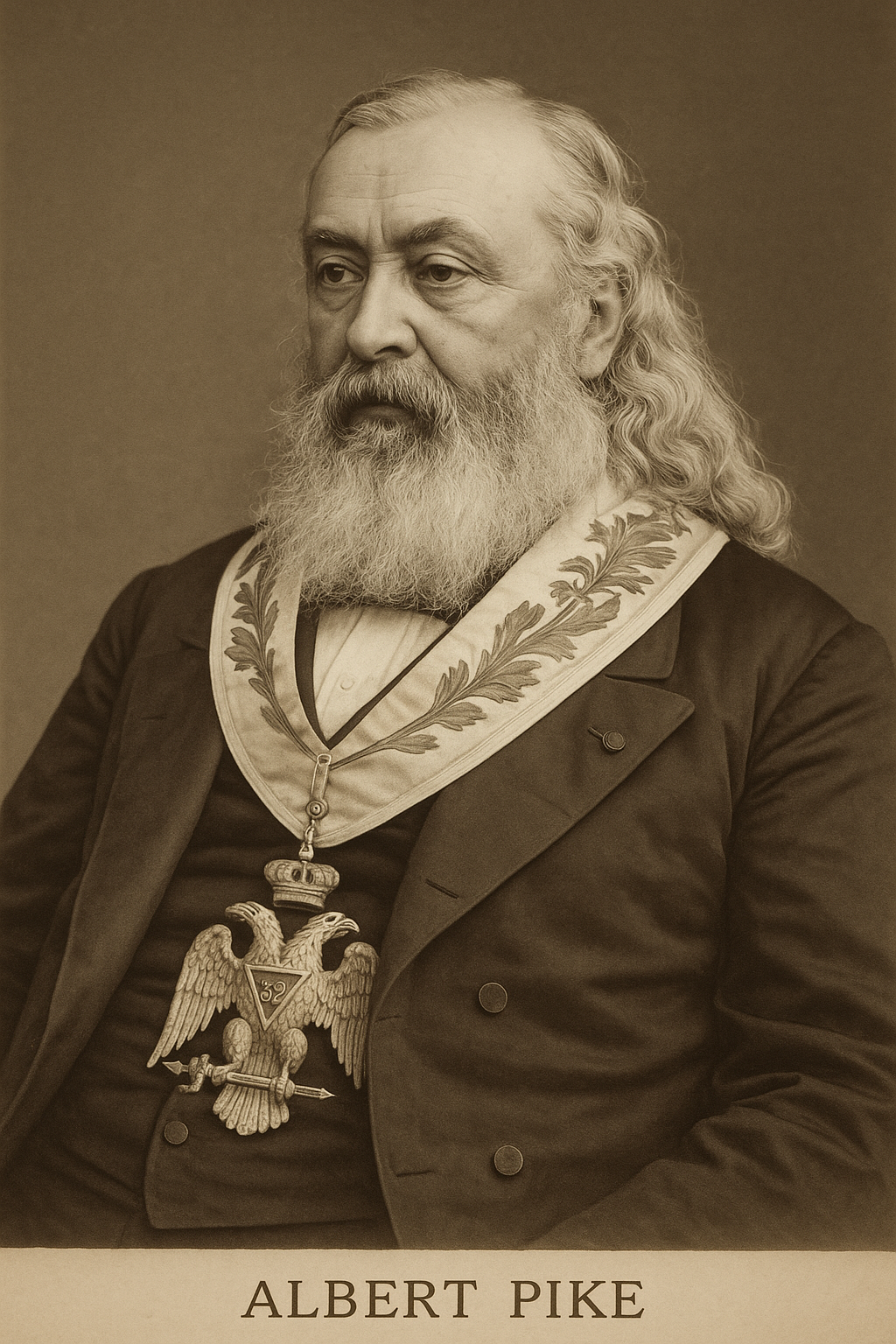
In operative masonry, an apprentice starts out by performing the most basic tasks. Cutting marble and making sure every piece is precisely squared are among the first things taught; these are essential skills for becoming an expert in the field. Apprentices are not given access to the entire set of tools a master mason uses in these early phases. The gavel and the twenty-four-inch gauge, or ruler, are the only two necessary tools that are provided to them.
Tools
The gauge stands for accuracy and measurement, and the gavel for applied force. The ability to combine force and intellect is not instantaneous for a novice. Early gavel strokes frequently cause more harm than improvement, creating what could be referred to as “destruction and ruin” as opposed to artistry. Because of this, apprentices begin by working on practice stones, where they can learn by trial and error how much force is required under various conditions. They eventually learn how to use their instruments to draw “lines traced by the Rule,” bringing their work into compliance with ethical and physical norms.
Use of intellect
However, as in life, intellect is developed in masonry through the mental discipline needed to advance in one’s craft as well as through physical effort. Learning is rarely a smooth process at first. It is initially awkward, uncomfortable, and unnatural, much like asking a right-handed person to write legibly with their left hand. However, with practice, the ability grows and what was initially unfamiliar becomes instinctive.
Pike’s view as opposed to self-improvement
Pike does not explicitly address the idea of personal self-improvement, at least not in the contemporary, individualistic sense, in the first chapter of Morals and Dogma. Rather, his emphasis changes, and his writing might seem to stray to the uninformed reader. A deeper examination, however, reveals a nuanced but purposeful point: if a people allow despotism to establish itself, revolutionary ideas that have the potential to uplift a country can be readily stifled.
A society loses its ability to influence its own fate when tyranny is permitted to grow. According to Pike, real revolutionary advancement happens in the quiet that follows a conflict, when “reason,” not meaningless rhetoric, governs decision-making and the “drum of war is silent.” He uses the history of ancient Rome as a warning: under Caesar, the populace was relegated to the role of submissive subjects who reflected on the greatest achievements of previous rulers but had no say over their own destiny.
Pike’s observation is still relevant in the twenty-first century. Liberty-loving nations need to be on guard because a society’s well-being depends on the careful balancing act between intellect and force (reason).
Applications for today
Determining your aspirations is a significant decision. It is important to recognize that beginning any endeavor may feel uncomfortable at first. The choices you make regarding your path are personal, and external validation should not be expected. Avoid allowing others to pressure you into abandoning your goals. Continue forward with determination (consistent gavel blows), adhering to strategic steps (intellect) and established guidelines (ruler).

